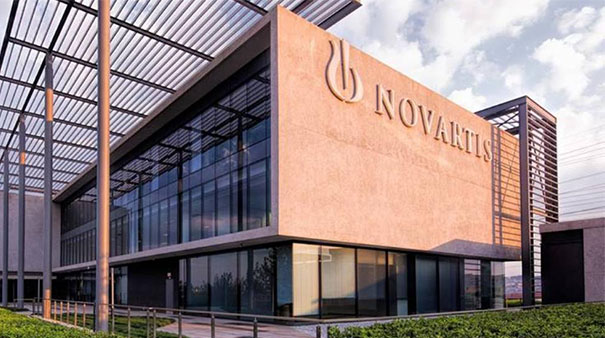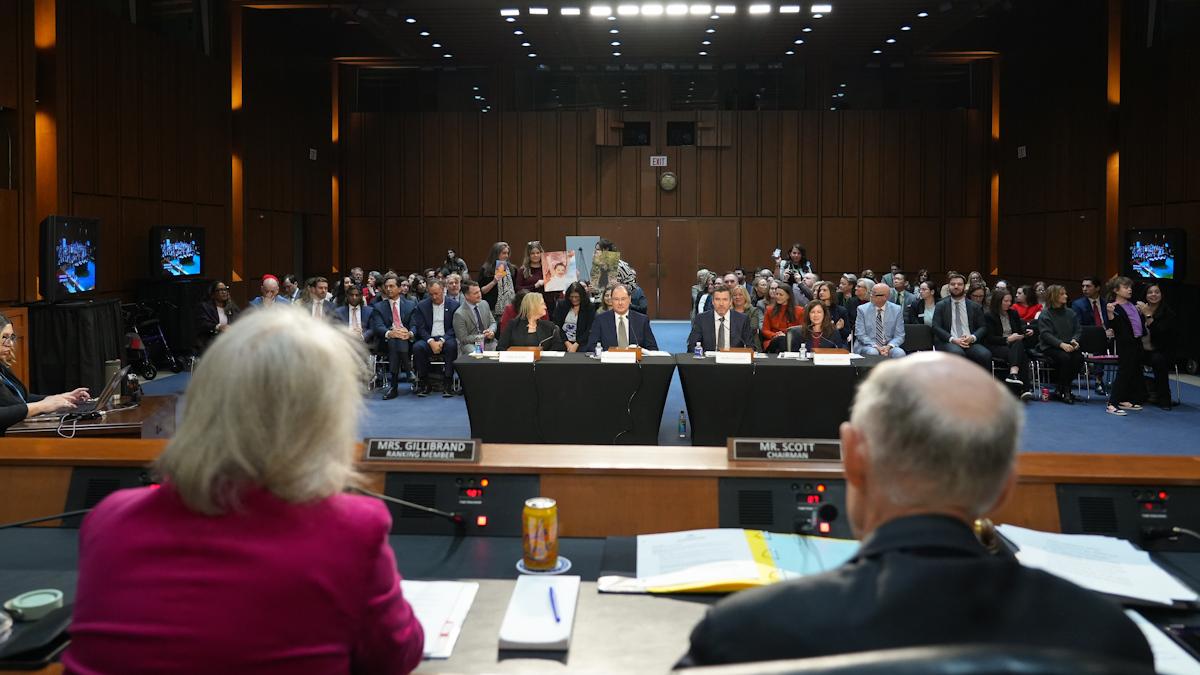FDA extends review of Novartis' MS drug ofatumumab

The FDA has extended its review of Novartis’ potential multiple sclerosis drug ofatumumab, pushing back a decision on the repurposed cancer drug until September this year.
Ofatumumab could give patients the option for a monthly self-administered therapy targeting the overactive B-cells that are the root cause of the nerve damage experienced by patients with MS.
Novartis gave no further details about why the FDA has pushed back the decision but added that additional regulatory filings are under way.
In Europe, regulatory approval is expected by the second quarter of 2021.
Ofatumumab was first developed by Genmab, and was first approved by the FDA in chronic lymphocytic leukaemia in 2009 under the brand name Arzerra.
Genmab licensed the drug to GlaxoSmithKline, and Novartis went on to gain rights to the drug as part of a complex asset swap deal between the two companies in 2015.
Although MS is a huge market, expected to be worth in the region of $32.9 billion by 2028, ofatumumab’s prospects are limited by Roche’s Ocrevus (ocrelizumab) infusion.
Roche’s drug has produced more convincing results at reducing relapses in MS and is recognised as one of the most successful drug launches of all time, attaining blockbuster status after just a year on the market following its US approval in 2017.
Ofatumumab works by targeting the CD20 receptor on B-cells that are thought to turn on the body’s nervous system in multiple sclerosis.
According to Novartis the selective mechanism of action allows precise delivery to the lymph nodes, where B-cell depletion is needed in MS.
Preclinical studies have shown that the drug may also preserve B-cells in the spleen, while the monthly dosing allows fast repletion of B-cells.
The news comes after Bristol-Myers Squibb finally announced the launch of its potential MS blockbuster Zeposia (ozanimod).
That drug should have been on the market a couple of years ago but had to be refiled by Celgene because of an administrative foul-up.
BMS then added the drug to its pipeline when it acquired Celgene late last year but decided to put off launch for a few months following approval in March because of the disruption caused by the COVID-19 pandemic in the US.













